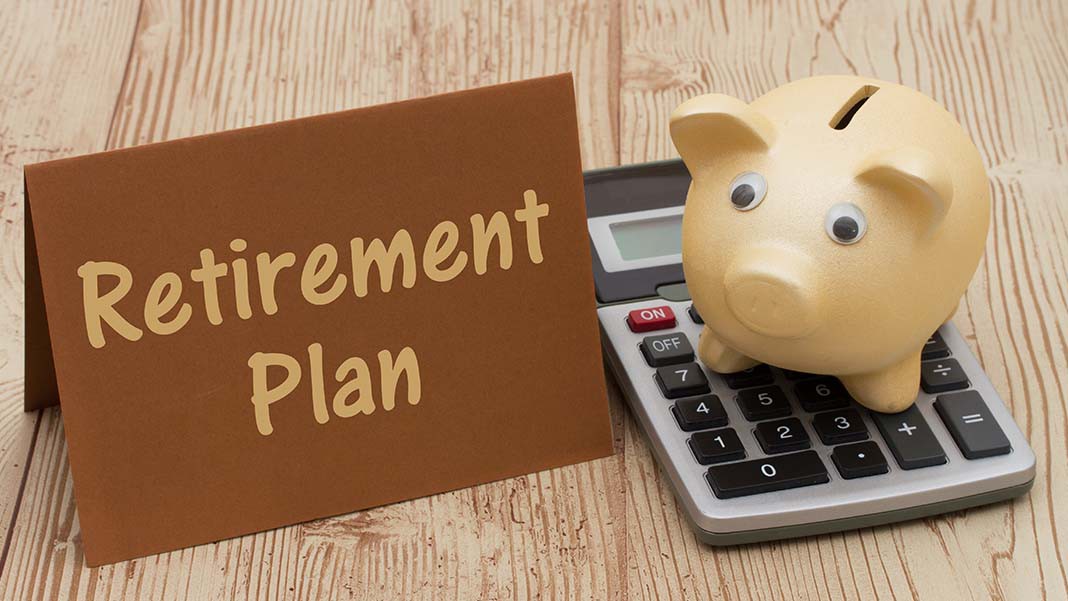When it comes to retirement, common wisdom is to start planning early. Most people, however, are so busy making money in their 20s, 30s and 40s that they neglect to plan. When they reach their 50s they start to ask the important questions:
- “When can I retire?”
- “How much do I need to have saved by then?”
- “Will I have enough?”
If you are about 10 years away from retirement, then now is a good time to create a solid plan that you can monitor and adjust along the way. At this point of your life, you know what you want your life to look like in retirement, and yet you are far away enough so that there’s still time to make some financial decisions that can increase the likelihood of you reaching your goals.
Also, if you are in your 50s, you may be in your peak earning years at a time when the children have moved out (no more college bills to pay!), and maybe even your house is close to being paid off. Financially speaking, you are in a good position to step up your savings and investing.
Here are 6 tips on how you can get yourself financially ready 10 years before retirement:
- Create a budget of what you’ll need in retirement. Take your current budget and then adjust it for how you think it will be different in retirement (for example, lower or no mortgage payments, etc.) This will provide a foundation on which you can test whether your retirement assets will meet your spending year after year.
- Consult with a qualified financial professional. He or she can help assess your retirement readiness by running a detailed model of how much money you’re likely to have by the time you retire. This includes looking at your portfolio to determine the likelihood that it will provide the income you need, for as long as you need, regardless of market ups and downs. In other words, you’ll want to test your retirement assets against variables like market performance, inflation, tax rates and your own longevity.
- Play Catch-Up. The last few years before retirement are a fantastic time to save as much as you possibly can. You should maximize your contributions to your 401k Plan, IRAs and other savings. Note that there are catch up provisions for people over 50. A 49-year old can only contribute $18K to their 401K a year, but a 50-year old can contribute $24k. For those who can’t participate in a retirement plan (or have extra dollars after maximizing their deferrals), other saving options might include insurance products that allow for tax-free growth and tax-free withdrawal in retirement.
- Downsize. If you know that you will eventually be selling the house and moving into a smaller-sized apartment, then evaluate whether doing so now would enable you to invest the extra cash to boost savings.
- Run a Tax Projection. When people plan for retirement they tend to overlook the role of taxes, which can have a significant impact on your overall withdrawal need. Many retirees’ biggest expense is, in fact, their tax bill because they are taxed at their highest rate. A financial advisor can introduce you to investment solutions that offer tax-free growth and tax-free withdrawals in retirement, potentially saving you thousands of dollars a year.
- Reallocate Your Investments to Reduce Risk. As you near retirement, your investment risk tolerance may change. You do not want to be exposed to a major drop in the market a few years before you retire. There are investment options such as Indexed Universal life insurance that offers a return that falls between 0% (the floor) and 12% (the ceiling) depending upon how the index you are tracking performs. The plus side to this type of investment is that your return will never go below 0% regardless of how much the index goes down, but you will never achieve more than 12% (or the cap rate) if the index performs much higher. Many people who are close to retiring appreciate this type of solution because it gives them more predictable returns with a lot less volatility. Ask your advisor about whether that makes sense for your situation and overall portfolio mix.
Would You Like a Customized Retirement Plan Created for You?
Everyone’s situation is unique, so it makes sense to share your goals and objectives with an experienced financial advisor who can then recommend the best strategy to help you work towards your goal. Please set up a planning meeting with me so we can get started working on your 10-year plan to retirement.



